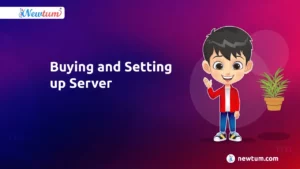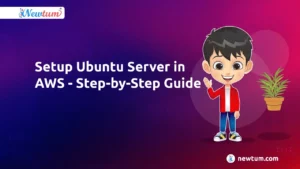A smart contract is a self-executing, programmable agreement or contract that operates on a blockchain. It automates, verifies, or enforces the negotiation or performance of a contract, eliminating the need for intermediaries or third parties. Smart contracts are written in code, containing predefined conditions, rules, and actions that are triggered when specific criteria are met.
Essentially, smart contracts are computer protocols designed to digitally facilitate, verify, or enforce the execution of a contract’s terms without the involvement of a central authority. They run on a decentralized network, ensuring transparency, security, and immutability of transactions. Once deployed on a blockchain, smart contracts execute actions as programmed, providing a reliable and tamper-proof way to carry out various agreements, ranging from financial transactions to supply chain management and beyond.
Types of Smart Contracts
When creating your own blockchain we need to deploy smart contracts, there are different type of smart contracts which are:
- ERC20 Tokens:
Click this link to learn how to deploy ERC20 tokens on your own chain:
https://blog.newtum.com/create-erc-20-token-on-your-own-chain/
ERC20 is a standard for fungible tokens on the Ethereum blockchain. These tokens are identical, interchangeable, and divisible, making them suitable for various use cases such as creating digital currencies, utility tokens, or facilitating crowdfunding through Initial Coin Offerings (ICOs). Examples of ERC20 tokens include stablecoins like Tether (USDT) and utility tokens like Basic Attention Token (BAT).
- ERC721 Tokens (NFTs):
Click this link to learn how to deploy ERC721 tokens on your own chain:
https://blog.newtum.com/create-nft-token-in-your-own-blockchian/
ERC721 is a standard for Non-Fungible Tokens (NFTs) on Ethereum. Each ERC721 token is unique and indivisible, representing ownership of a distinct digital asset. These tokens are used for digital collectibles, unique artworks, virtual real estate, in-game items, and other assets that require individual ownership and proof of authenticity. CryptoKitties, Ethermon and MyCrypto are popular examples of ERC721 tokens.
- ERC1155 Tokens:
Click this link to learn how to deploy ERC1155 tokens on your own chain:
ERC1155 is a more versatile standard that allows for the creation of both fungible and non-fungible tokens within the same contract. It provides a more efficient way to manage different types of assets in a single contract, reducing gas fees and optimizing storage on the blockchain. ERC1155 tokens are used in various applications such as gaming, digital identity, and the creation of multiple token types within a single project.
Smart contracts, especially ERC20 tokens, ERC721 NFTs, and ERC1155 NFTs, have significantly transformed how we perceive ownership, digital assets, and agreements. When building your blockchain network, understanding and implementing these smart contract types can unlock a myriad of possibilities across different industries, empowering innovation and decentralized solutions in the digital space.



